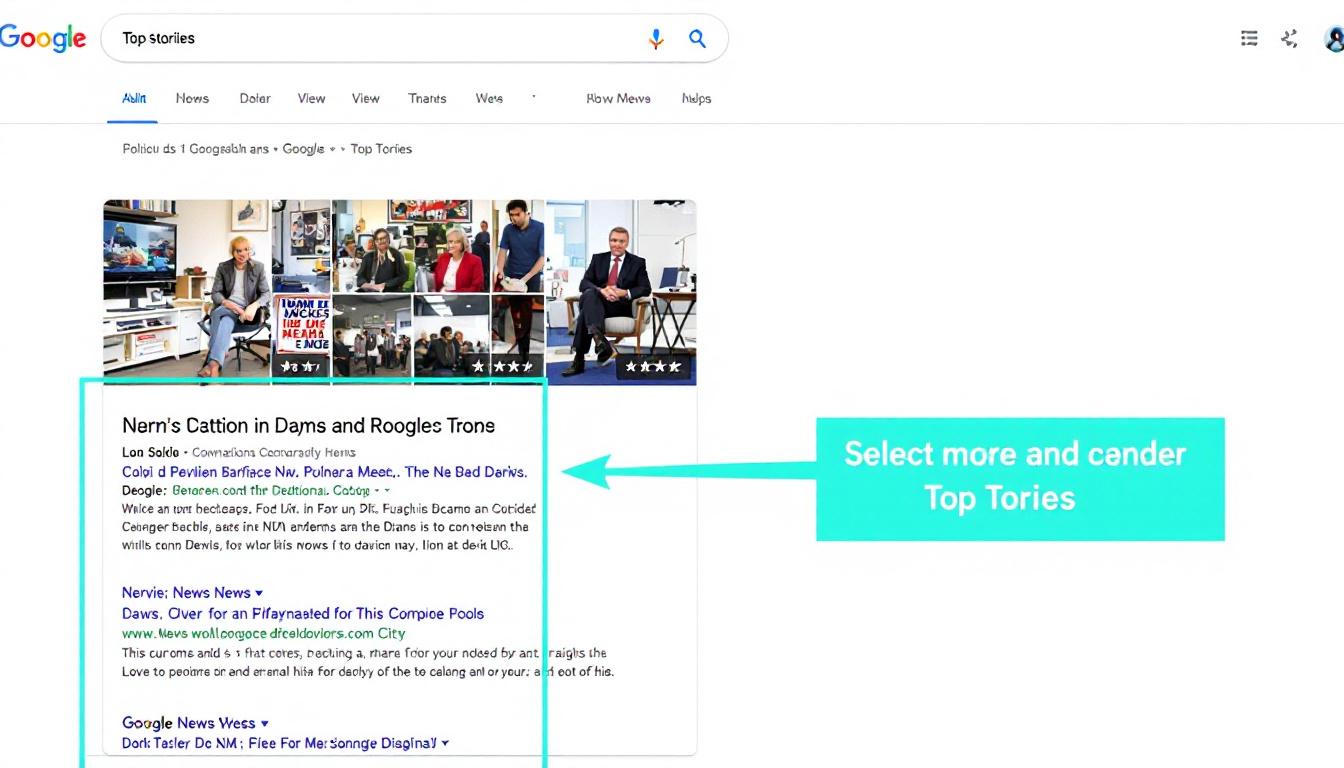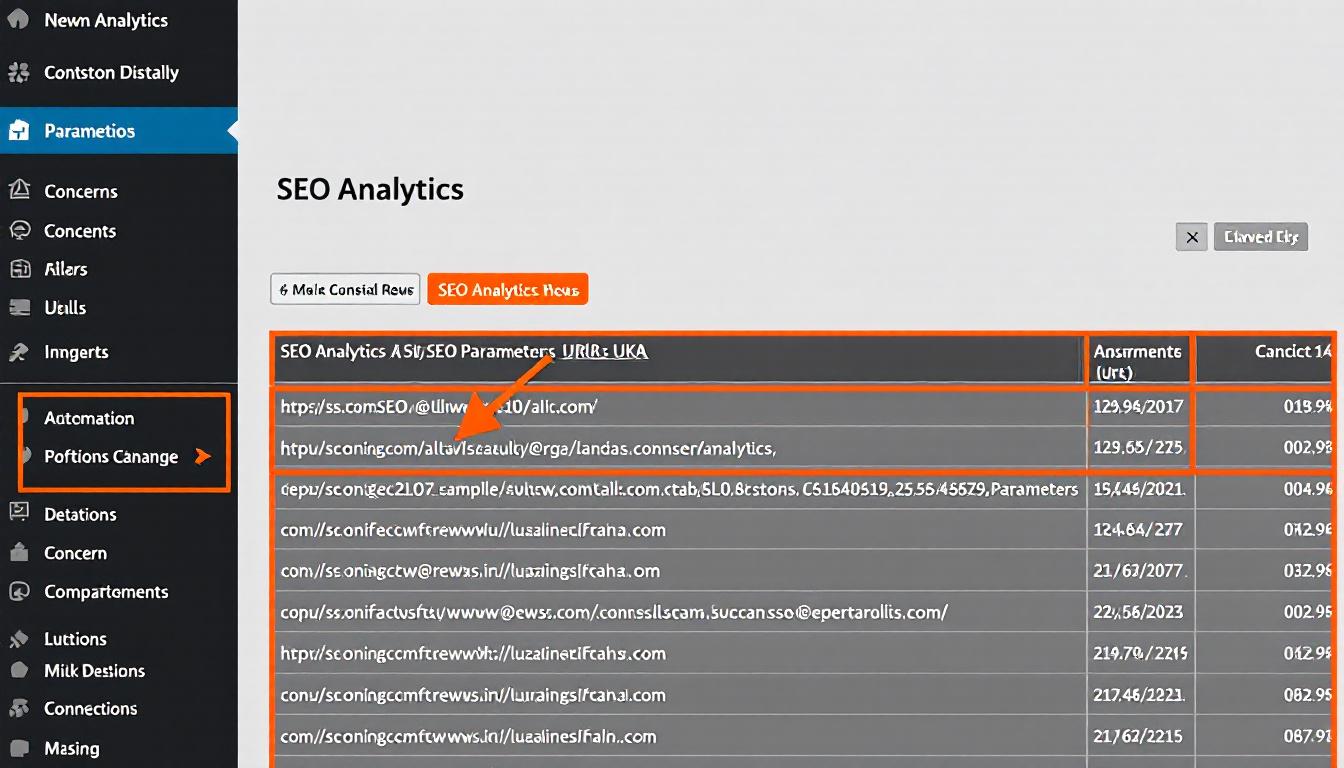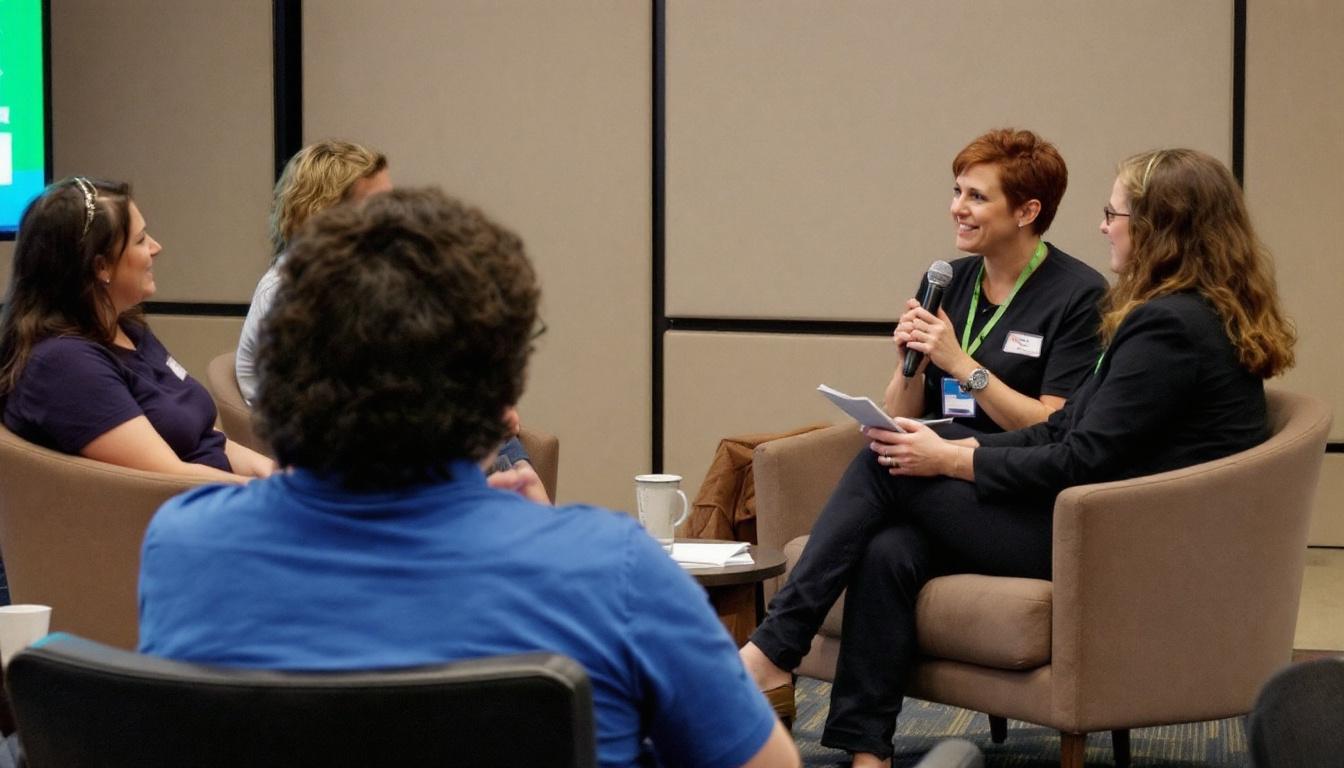John Mueller, a prominent figure at Google, has recently emphasized the need for SEO professionals to reassess how their strategies integrate with the evolving landscape of modern business demands.
SEMRush
SEMrush is a fantastic SEO tool that can be used to carry out keyword research, including tracking the keyword strategy of your competitors.
Changing Business Focus
Laurie Voss, VP of Developer Relations at Llama Index, presented a comprehensive chart illustrating the shifting priorities of software developers from 1990 to 2025.
Evolving Developer Priorities
The initial focus on hardware and networking gave way in the mid-2000s to HTML, CSS, and server technologies.
Recently, the spotlight has moved towards client frameworks, responsive design, and AI-driven development.
Although subjective, Mueller underscores its significance for SEOs, highlighting the rapid decline in importance of server-level tasks among typical web developers.
Mueller’s Perspective
Mueller emphasizes that as web development advances, SEO strategies must also adapt accordingly.
Skills that were once invaluable may no longer suffice in the current environment.
Adapting SEO Strategies
Reflecting on the changes, Mueller advises SEO professionals to evaluate where their expertise aligns within the modern web stack.
He states, “If you work in SEO, consider where your work currently fits in with a graph like this.
It’s not an objective graph based on data, but I think it’s worth thinking about how your work could profit from adding or shifting ‘tracks.’” Additionally, he adds, “What the average web developer thinks about isn’t necessarily what’s relevant for the online business (in whichever form you work).
Looking at the graph, if your focus was ‘SEO at server level,’ consider that the slice has shrunken quite a bit already.”
This perspective aligns with Voss’s argument in the article “AI’s effects on programming jobs,” where he posits that AI will not eliminate development roles but will instead introduce a new abstraction layer, altering the nature of the work—a trend likely mirrored in the SEO domain.
Recommended Focus Areas for SEO Professionals
Based on Mueller’s insights and the observed trends, several key areas emerge where SEO experts should concentrate their efforts to stay competitive.
Enhancing Mobile Performance
As mobile usage continues to soar, optimizing for mobile performance remains critical.
SEO practitioners should prioritize improving mobile performance to align with the increasing number of users accessing websites via mobile devices.
Integrating AI Tools
The rise of artificial intelligence presents new opportunities and challenges.
Leveraging AI tools can aid in automating tasks, analyzing data, and developing more effective SEO strategies.
Mastering Responsive Design
Responsive design ensures that websites function seamlessly across various devices.
Understanding and implementing responsive design is essential for delivering optimal user experiences, which in turn benefits SEO.
Understanding Client-Side Frameworks
Client-side frameworks can significantly influence how content is presented and indexed.
Knowledge of how these frameworks affect SEO is crucial for ensuring that websites are both user-friendly and search-engine accessible.
Developing Prompt Engineering Skills
Prompt engineering is becoming increasingly important in interacting with AI technologies.
SEO professionals should cultivate skills in prompt engineering to effectively utilize AI in their optimization efforts.
In essence, moving beyond traditional server-level optimizations to focus on client-side rendering and enhancing user experience elements is paramount for modern SEO success.
Insights from Search Engine Journal
At Search Engine Journal, Mueller’s guidance resonates with our firsthand experience of the SEO landscape’s evolution.
Evolving SEO Practices
The field of SEO has undergone significant transformations over the years.
Not long ago, technical SEO primarily involved managing sitemaps, robots.txt files, and basic schema markup. Today, the scope has expanded to include JavaScript rendering, Core Web Vitals, and AI-based content evaluation.
The most successful industry professionals are those who broaden their technical expertise rather than adhere to outdated methodologies. Understanding both traditional optimization techniques and emerging web technologies is key to thriving as the industry continues to change.
Mueller’s reminder to adapt is not merely sound advice; it is essential for maintaining relevance in search.
The Bottom Line
Adapting to the changing dynamics of web development is not merely advantageous for SEO professionals—it is essential.
By embracing new technologies and aligning their strategies with current business needs, SEO experts can ensure their continued relevance and effectiveness in the industry.








